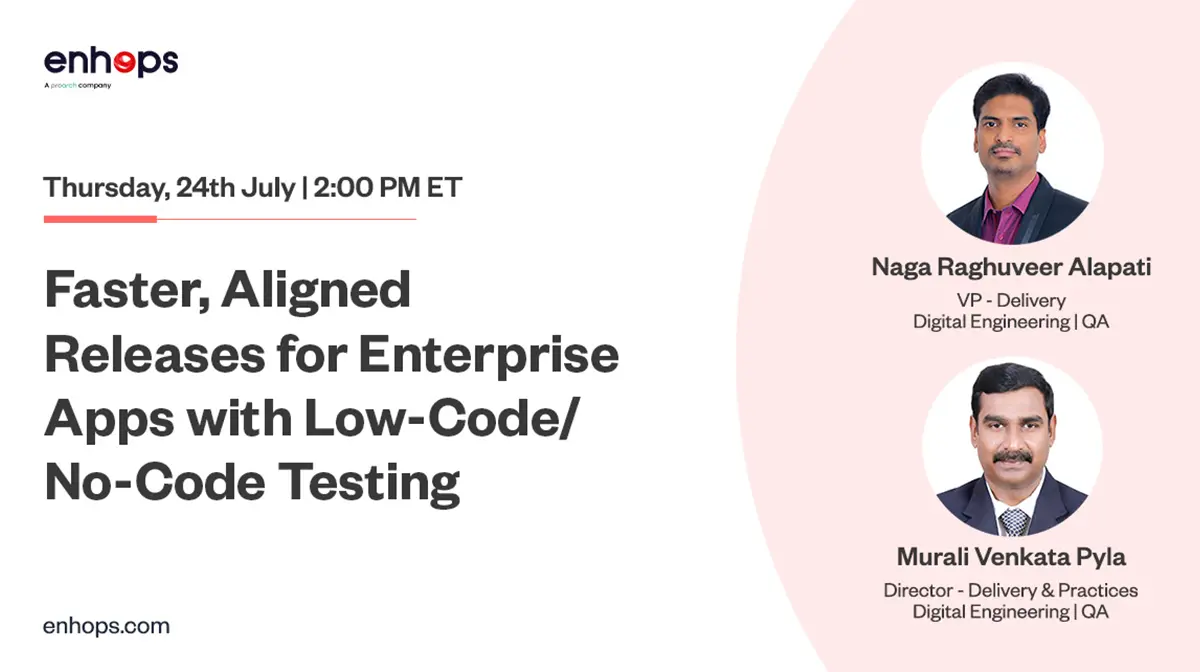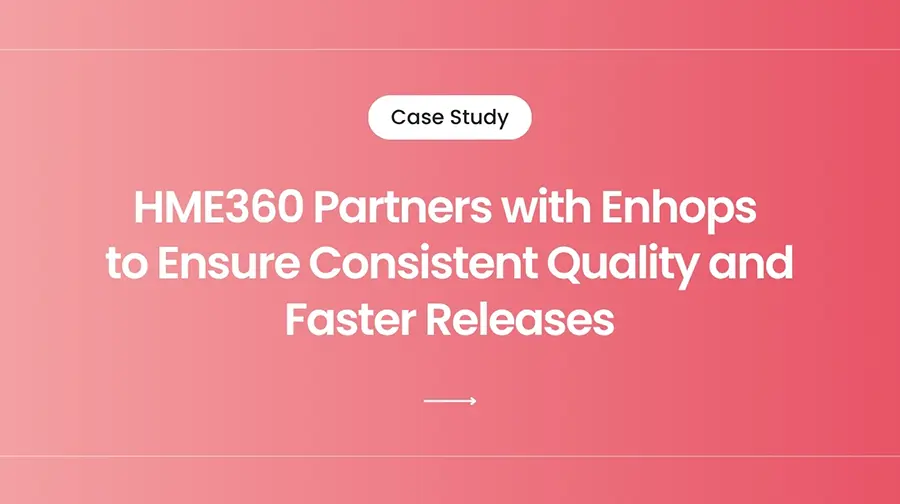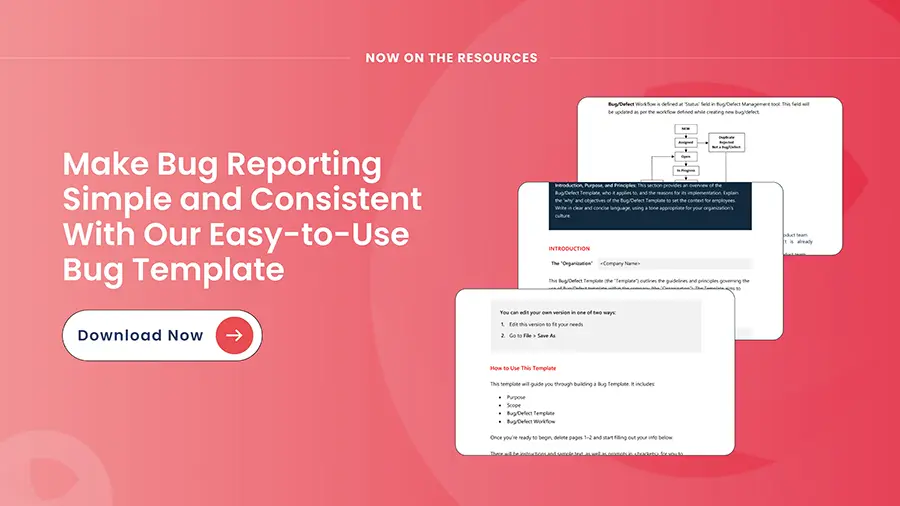Are you ready to revolutionize how your organization tests and validates data?
Intelligent and continuous testing is the future of data test automation, enabling you to gain better data insights more efficiently and faster than ever before. It is the perfect way to ensure that your data is accurate and up to date.
Why Intelligent and Continuous Testing Matters
Intelligent testing leverages automation and analytics to handle large volumes of data, detect anomalies, and ensure correctness with minimal human intervention. It uses AI-driven logic to continuously monitor data quality in real time.
Meanwhile, continuous testing integrates validation into every phase of the data lifecycle—from ingestion to transformation—enabling teams to identify and fix issues as soon as they arise.
Together, these approaches help businesses:
- Ensure data accuracy and reliability
- Gain faster insights for decision-making
- Reduce manual effort and testing time
- Minimize data risks and compliance gaps
By combining intelligence and continuity, enterprises achieve a proactive data assurance framework that evolves with their systems.
This not only ensures reliable decision-making but also enhances customer satisfaction and trust. Staying ahead in the rapidly evolving world of data testing is crucial, and intelligent and continuous testing is the key to remain competitive and future ready.
So, fasten your seat belts, and let’s explore more about Data Test Automation!
What is Data Test Automation?
Data Test Automation refers to the process of automating data testing while migrating or testing applications. It involves using software tools, scripts, and frameworks to test data-related aspects of an application or system, such as data validation, data integration, and data migration.
It helps to ensure data accuracy, completeness, and consistency by performing repetitive and complex testing tasks more efficiently and with fewer errors than manual testing. This approach can also increase testing speed and enable frequent software releases.
By automating data-driven software testing, businesses can save time, reduce costs, and improve product quality. Intelligent and continuous testing is the key to achieve this. With the right tools and processes in place, businesses can ensure that their software applications are thoroughly tested, and issues are identified and resolved quickly.
So, are you ready for the future of data test automation?
If not, it’s time to get started. The benefits are clear, and technology is available.
All that’s left is to take the first step.
Want to preserve your data sanctity and avoid data related risks
The Limits of Traditional Data Testing
Despite understanding the importance of data validation, many organizations still rely on manual techniques that are slow, error-prone, and resource-intensive. Two common examples are sampling and minus queries.
1. Sampling, also known as “Stare and Compare,” involves extracting data from the source and target systems, dumping the results into Excel, and manually comparing them. With large datasets and numerous tests to perform, this method becomes impractical as it can only validate aminiscule fraction of the data, leaving a huge room for data errors to go unnoticed.
Sample code-
# Define the source and target data
source_data = [1, 2, 3, 4, 5]
target_data = [1, 2, 3, 4, 5]
# Perform data sampling
sample_size = min(len(source_data), len(target_data))
sample_source = random.sample(source_data, sample_size)
sample_target = random.sample(target_data, sample_size)
# Compare the sampled data
is_match = sample_source == sample_target
# Print the result
print(“Data validation:”, “Passed” if is_match else “Failed”)
2. Minus Queries
This method compares data between source and target systems using SQL queries (source MINUS target and target MINUS source). While better than manual sampling, it can overload servers, duplicate results, and lacks audit trails for compliance or historical tracking.
Sample code –
# Define the source and target data
source_data = [1, 2, 3, 4, 5]
target_data = [1, 2, 3, 4, 6]
# Perform Minus Query
result = list(set(source_data) – set(target_data))
# Check if there is any remaining result
is_match = len(result) == 0
# Print the result
print(“Data validation:”, “Passed” if is_match else “Failed”)
These manual processes are inefficient, labour-intensive, and offers a limited coverage for data validation. As a result, the probability of bad data persisting in data stores and affecting BI and Analytics reports remains high.
To overcome these challenges and ensure accurate and reliable data, it’s essential to adopt automated data testing solutions. They can streamline the data testing process, provide comprehensive coverage, and minimize the risk of bad data impacting critical business insights. By leveraging automation, companies can enhance data quality, reduce errors, and improve overall reliability of their BI and Analytics initiatives.
Automated Data Testing Solutions: A Game-Changer for Data Quality
Fortunately, there is a solution to address the challenges of manual data testing. A few software vendors e.g., QuerySurge, have emerged to provide automated data testing solutions. These solutions offer the ability to automate comparisons of data movement, covering a significant portion, if not all, of the data.
Enhops has partnered with QuerySurge, an intelligent Data Testing solution. Together, we offer a comprehensive and efficient approach to automate data validation and ETL testing across critical areas such as Big Data, Data Warehouses, Business Intelligence Reports, and Enterprise Applications.
By leveraging these automated data testing solutions, organizations can experience a range of benefits. First and foremost, data quality is improved, hence ensuring accurate and reliable insights. Additionally, Test Automation helps to reduce data costs and mitigate risks associated with bad data. The shared data information provided by these tools empowers teams to proactively monitor and manage data quality, leading to more confident decision-making.
Streamline Your Testing Processes and Enhance Data Quality: Insights from Our Data Test Automation Webinar
A data test automation webinar co-partnered with QuerySurge was recently organized by Enhops aiming to empower businesses to streamline their testing processes and enhance data quality. This insightful session delved into the intricacies of data test automation, highlighting benefits and showcasing how QuerySurge can simplify and expedite the testing journey.
Watch our on-demand webinar on data test automation
In this webinar we had Eric Smith, Director of Global Alliances, QuerySurge as one of our speakers. Eric helps partners like Enhops in their pre-sales and implementation initiatives with respect to QuerySurge, with the aim of maximizing customer success in automated data testing initiatives. Eric demonstrated why and how QuerySurge is leading the way in intelligent and continuous data testing.
A good product is a good step, but you need the skill set around a product to be able to implement it and get the most out of it.
So, I just want to thank the entire Enhops team again for the opportunity to showcase QuerySurge.
– Eric SmithDirector of Global Alliances, QuerySurge
During the webinar, expert presenters showcased practical examples, demonstrating how integrating QuerySurge into the testing workflow can bring significant improvements. They highlighted their ability to automate complex data tests, efficiently manage large datasets, and quickly identify and resolve data issues. By implementing QuerySurge, businesses can reduce manual effort, enhance test coverage, and optimize the overall data testing process.
Enhops’ Powerful Data Testing Solution: Automating Data Validation and ETL Testing
Our partnership with QuerySurge empowers organizations with full DevOps functionality, enabling continuous testing throughout the data lifecycle. By integrating Test Automation into DevOps pipelines, companies can achieve faster releases, improved agility, and increased confidence while makingtheir data-driven decisions.
With our advanced data testing solution, organizations can streamline their testing processes and ensure the accuracy and reliability of their data assets. By automating data validation and ETL testing, businesses can eliminate manual errors, save valuable time, and reduce the risk of data inconsistency.
With Enhops’ and QuerySurge’s combined expertise, businesses can unlock the full potential of their data while minimizing risks and ensuring data quality. Embrace the power of data test automation and experience the benefits of streamlined processes, enhanced accuracy, and improved efficiency.
Looking to optimize your critical data with intelligent and continuous testing?
Contact us





